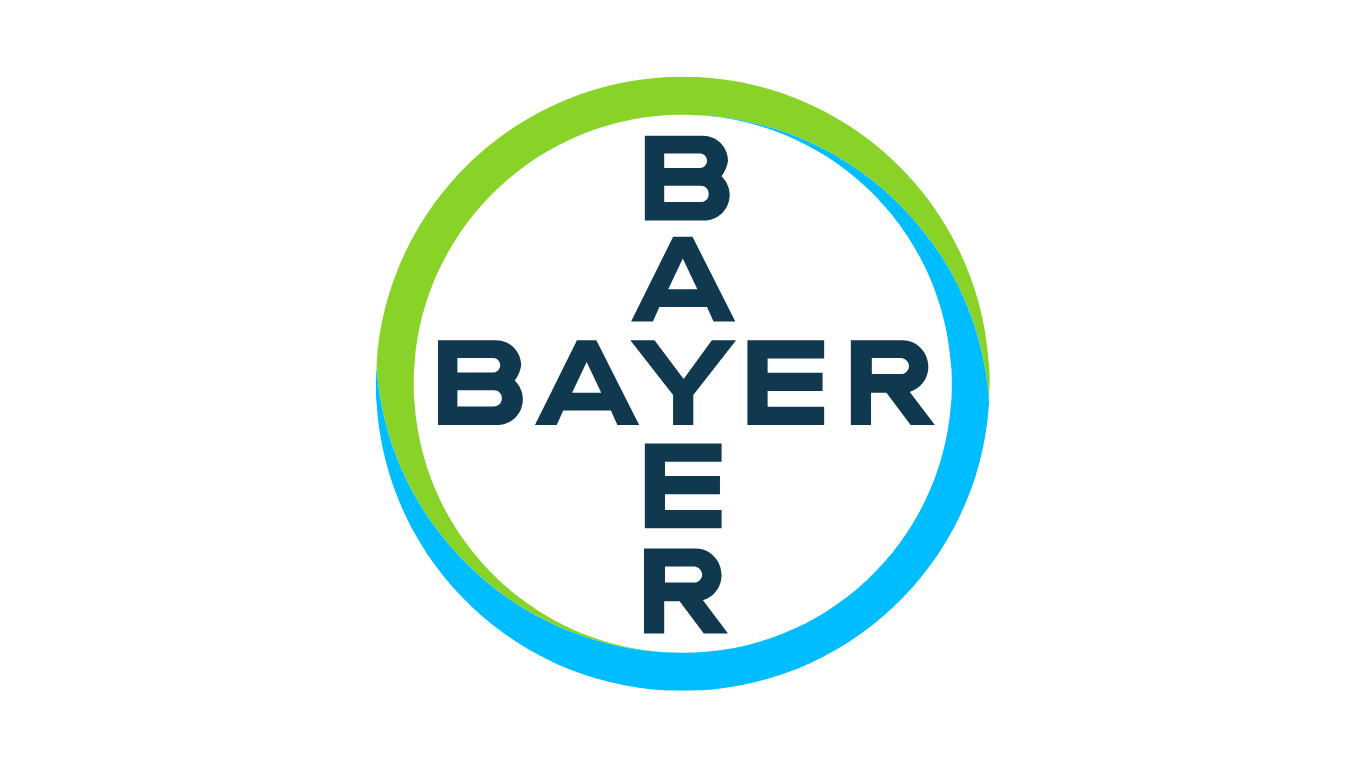Key Takeaways
- Bayer to distribute M2i Group’s pheromone gel products in Asia-Pacific, Latin America, and the U.S.
- The agreement extends an existing collaboration launched in 2023
- Products target lepidoptera and certain sucking pests in crops such as tomatoes, grapes, and stone fruits
- M2i’s gel-based Press technology is designed for direct application and reduced plastic use
- The collaboration aligns with Bayer’s biological crop protection portfolio expansion
Bayer and M2i Group Extend Scope of Existing Agreement
Bayer has entered into a new development and distribution agreement with French company M2i Group, expanding the geographic scope of its biological crop protection product distribution. The agreement gives Bayer exclusive distribution rights for M2i’s pheromone gel products in the Asia-Pacific region, Latin America, and the United States.
This builds on a 2023 agreement between the two companies, which covered exclusive distribution in Europe and selected African countries. The products, marketed under the VYNYTY Press brand, are used in pest management strategies targeting species such as lepidoptera and certain sucking pests.
Focus on Biological Crop Protection Tools
According to Bayer, the expanded partnership is part of its ongoing effort to grow its biological crop protection offerings. “Effective products with low or no residue are an important part of Bayer’s biological portfolio,” said Ralf Glaubitz, Head of the Crop Protection Product Team for Fungicides, Biologics, and Fruits & Vegetables. He stated that the agreement contributes to Bayer’s broader objective of increasing the availability of crop protection options for growers.
The VYNYTY Press products are based on M2i Group’s formulation and application method, which uses a gel to deliver pheromones directly to plants via a pressurized device.
M2i Group’s Technology and Product Reach
M2i Group specializes in the development and manufacture of pheromone-based solutions. The company’s Press technology aims to simplify application while limiting plastic use. “Besides the effective and green formulation of pheromones, it offers more advantages,” said Philippe Guerret, CEO of M2i Group, noting the bottle is reusable and does not require additional plastic components for deployment.
Products using the technology have been introduced in various countries, including trials in Chile for grape production and commercial use in tomato crops in regions such as Morocco, Turkey, Spain, and the Netherlands.
Strategic Collaboration and Market Expansion
The partnership forms part of Bayer’s broader approach to integrating external expertise into its crop protection portfolio. In addition to product distribution, the collaboration also involves incorporating M2i’s pheromone technologies into Bayer’s system of digital tools for pest monitoring and farm management.
With this expansion, Bayer and M2i Group plan to increase the availability of pheromone-based solutions in new regions, extending the commercial reach of their existing product line. The companies indicate that the agreement supports their shared interest in offering additional pest control options within biological crop protection frameworks.



27 Comments